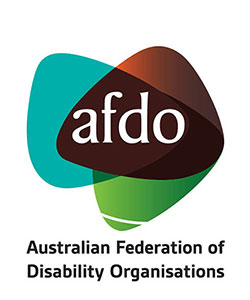Carers are people who provide unpaid care and support to family members and friends who have a disability, mental illness, chronic condition, terminal illness, an alcohol or another drug issue, or who are frail due to their age. For more information visit: Carers...
Selected category: Disability A-Z
Children and Young People with Disability Australia (CYDA)
Children and Young People with Disability Australia (CYDA) is the national peak body which represents children and young people (aged 0-25) with disability. CYDA provides a link between the direct experiences of children and young people with disability and their...
Deaf
Deaf (with capital ‘D’) is used to describe those people who use Auslan to communicate, and identify themselves as members of the signing Deaf community. These people may also identify themselves as ‘Culturally Deaf’ as they are more likely to have been born deaf, or became deaf early in life, are pre-lingually deaf (became deaf before they learned to speak) and use sign language as their main or preferred way to communicate.
deaf
deaf (with a lowercase ‘d’) is a general term used to describe people who have a physical condition of hearing loss of varying degrees, no matter which communication mode they use, such as Auslan and lip reading.
Deaf Australia
Deaf Australia is the national peak advocacy and information organisation in Australia for Deaf people who are bilingual – using both English and Auslan (Australian Sign Language). Deaf Australia advises government, industry, and service providers about the needs and...
Deafblind
Deafblind is a term that is used when a person has both vision loss and hearing loss. Dual sensory loss or dual sensory impairment are other terms that are used to describe deafblindness.




